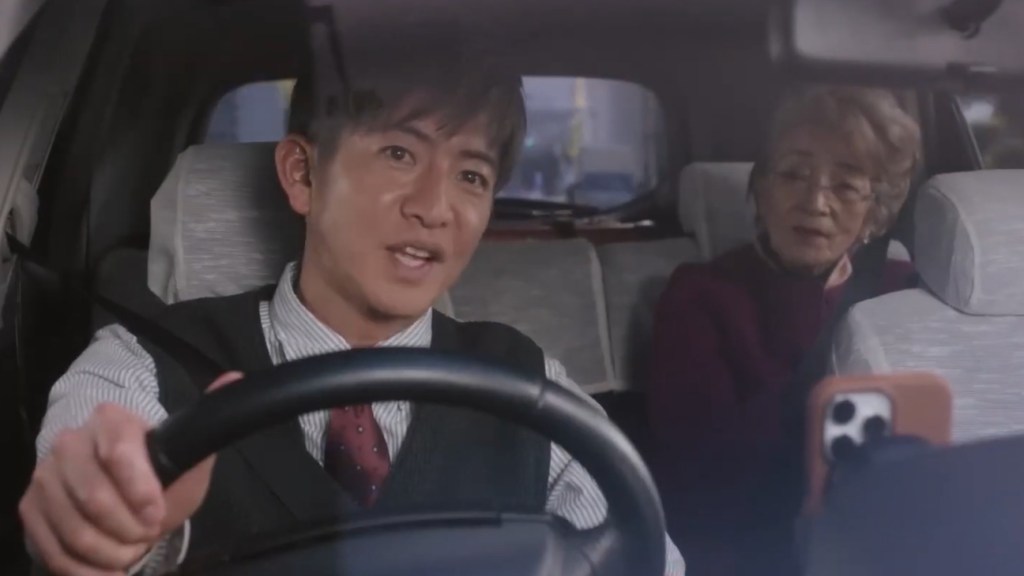
A Legacy of Experience in Tokyo Taxi
With a career spanning decades, Japanese director Yōji Yamada has crafted a film that not only marks his 91st feature but also showcases the enduring talent of Chieko Baisho, who appears for the 160th time on screen. Their combined experience is evident in Tokyo Taxi, a heartwarming yet emotionally charged journey through the life of an elderly woman and the taxi driver who accompanies her.
This film is part of a long-standing collaboration between Yamada and Baisho, having worked together on numerous Tora-san comedies from 1969 to 1995. Yamada even set a Guinness World Record with the franchise, which featured the same star, Kiyoshi Atsumi, until his passing in 1996. The depth of their partnership is clear in this latest offering, which blends nostalgia with a poignant exploration of memory and identity.
A Journey Through Memory
The story centers on Koji, a taxi driver who takes on a special assignment: transporting 85-year-old Sumire to a retirement home in Yokohama. What begins as a short trip quickly turns into a day-long adventure as Sumire requests stops at various locations in Tokyo that hold significant meaning for her.
As Koji drives through the city, he listens to Sumire recount her life, filled with both joy and sorrow. Her past includes the loss of her father during the 1945 firebombing of Tokyo and the departure of her first husband, a Korean-Japanese man who returned to North Korea. These early tragedies shape her life, but it is the abusive relationship with her second husband that brings the most emotional weight to the narrative.
A Story of Resilience
Through a series of sepia-toned flashbacks, viewers are taken through key moments in Sumire’s life. These scenes, narrated by Baisho, offer a glimpse into the challenges she faced as a woman in postwar Japan. Her eventual act of defiance against her abusive husband serves as a powerful commentary on the limited agency women had during that time.
While the film follows a predictable path, it gains momentum with an unexpected twist midway through, providing a much-needed shift in tone. This moment allows the story to delve deeper into the complexities of Sumire’s experiences, highlighting the resilience and strength required to survive such hardships.
Emotional Depth and Clichés
Despite its heartfelt moments, Tokyo Taxi occasionally veers into sentimental territory, relying on familiar tropes that may feel overdone. However, the chemistry between Baisho and Takuya Kimura, who plays Koji, adds a layer of authenticity to the film. While Koji’s character could have used more complexity, his interactions with Sumire provide a touching dynamic that resonates with audiences.
The film’s conclusion is bittersweet and somewhat foreseeable, but it ultimately delivers a meaningful reflection on aging, memory, and the importance of sharing one’s story. In this way, Tokyo Taxi serves as a tribute to the power of human connection and the value of looking back on a life well-lived.
A Comparison to Other Works
Some viewers may draw comparisons between Tokyo Taxi and Wim Wenders’ Perfect Days, another film that explores the quiet beauty of everyday life in Tokyo. However, while Wenders’ film is understated and subtle, Yamada’s approach is more overtly emotional, often emphasizing every beat with music and visual cues.
Despite this, Tokyo Taxi remains a compelling addition to Yamada’s extensive filmography. It may not reach the heights of his earlier works like The Twilight Samurai or The Hidden Blade, but it offers a sincere and thoughtful examination of growing old and the stories that define us.

Post a Comment